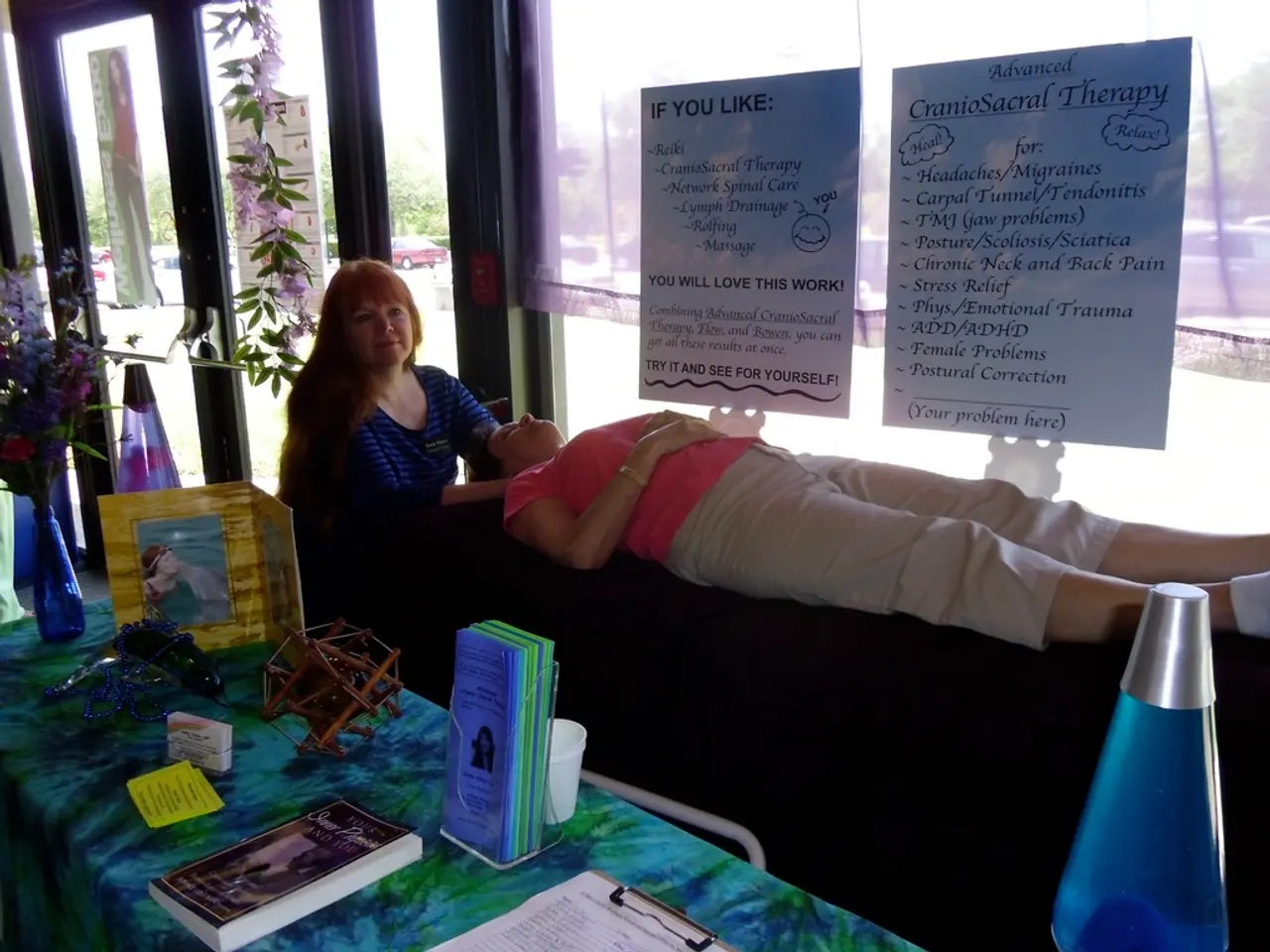Guide for Acknowledging Your Loneliness
In these challenging times, feelings of loneliness have become a common experience for many people due to the COVID-19 pandemic. But what exactly is loneliness, and how can it be managed?
According to a study published in the Annals of Behavioral Medicine, loneliness is defined as a stressful experience that occurs when a person feels their social relationships are lacking. This feeling can be subjective and can occur even when a person is surrounded by others.
Loneliness can have profound effects on both physical and mental health. It has been linked to higher chances of heart disease, stroke, heart failure hospitalization, dementia, depression, anxiety, and suicide. Fewer social ties can exacerbate feelings of loneliness, leading to a vicious cycle.
To combat loneliness, planning something weekly can be helpful. This could be as simple as scheduling a catch-up with an old friend or joining a local community group. Gina Moffa, a psychotherapist, emphasizes the importance of maintaining relationships that emotionally fulfill a person. Maintaining relationships that do not provide emotional support can be counterproductive.
If feelings of loneliness start affecting daily life, it may be necessary to seek help from a doctor or mental health professional. Talking with a therapist on a regular basis can help manage negative thoughts or feelings of rejection and aloneness.
Having a pet can also help reduce feelings of loneliness. A survey found that 80% of pet owners state that their pets make them feel less lonely. Volunteering can also be an effective way to combat loneliness.
During the pandemic, certain groups are more likely to experience loneliness. These include young adults, students, women, people with lower education or income, the economically inactive, those living alone, urban residents, and immigrants. Immigrants may experience loneliness more often than other groups.
Groups that are particularly vulnerable during the pandemic include chronically ill children, patients with Long COVID facing psychosomatic stigmatization, healthcare workers on the front lines, elderly people isolated in care homes, and families under stress from lockdowns and caregiving challenges.
Younger people between 18 and 25 years old feel especially lonely, with 61% reporting serious feelings of loneliness. People who are lonely may exhibit behaviours such as scrolling on social media for long periods, decreased energy, increased addictive behaviours, spending more time binge-watching television, and making self-deprecating statements.
If feelings of loneliness are pervasive and relentless, it may be time to consider reaching out to a mental health professional. Various resources for finding a therapist or mental health support include the American Psychological Association, American Association of Marriage and Family Therapy, Open Path Psychotherapy Collective, online therapy and mental support services, Crisis Text Line, Foundation for Art & Healing, and GriefShare support groups.
Remember, it's okay to ask for help. Reaching out to old friends, volunteering, or adopting a pet can all help manage feelings of loneliness. If you're feeling overwhelmed, don't hesitate to seek support from a mental health professional. You're not alone in this.
Read also:
- Understanding Hemorrhagic Gastroenteritis: Key Facts
- Stopping Osteoporosis Treatment: Timeline Considerations
- Tobacco industry's suggested changes on a legislative modification are disregarded by health journalists
- Expanded Community Health Involvement by CK Birla Hospitals, Jaipur, Maintained Through Consistent Outreach Programs Across Rajasthan








